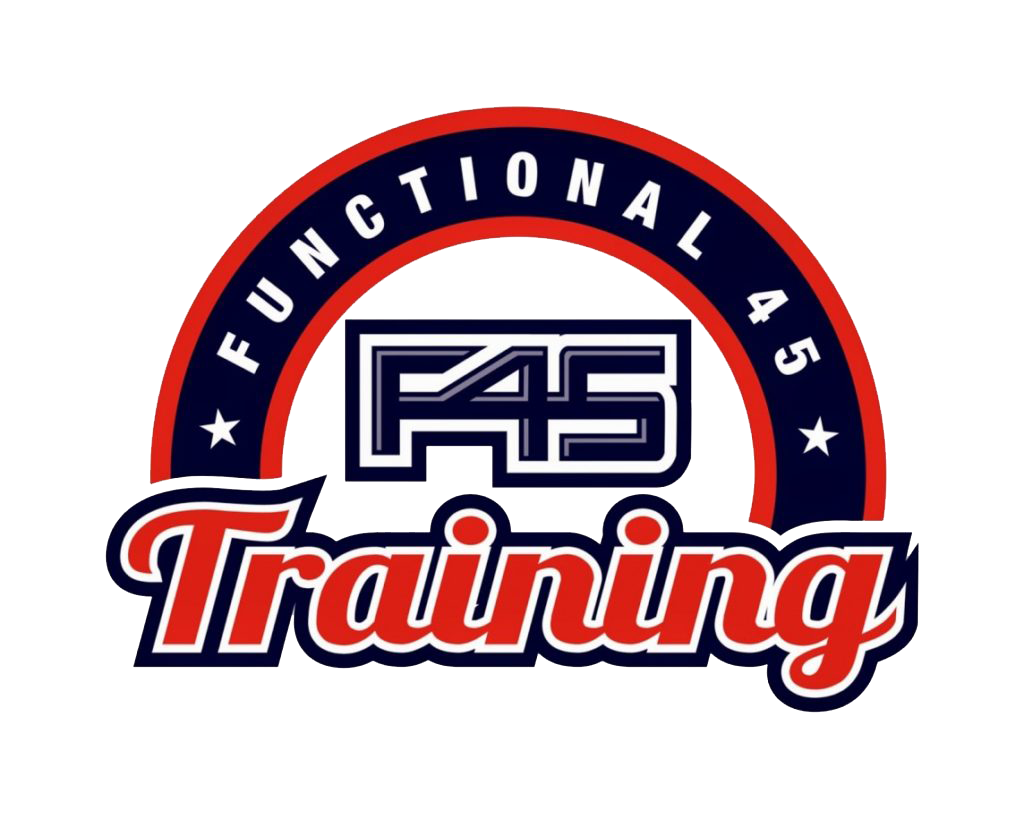Brand Experience








University Grants Commission Approves Short-Term Skill Development Courses
23 March, 2024
As the landscape of higher education continues to evolve, the introduction of short-term skill development courses across Higher Education Institutes (HEIs) marks a significant step towards catering to the modern demands of the workforce. In recognition of the changing job market and the rapid advancement of technology, the University Grants Commission (UGC) has recently sanctioned the institutionalization of these courses, facilitating a more dynamic and practical approach to learning.
Understanding that the nature of employment is being revolutionized by innovations in Artificial Intelligence, robotics, data science, and even the art of effective communication, these courses – ranging from three to six months – are poised to bridge the gap between traditional education and practical skill application. HEIs currently governed under the UGC Act of 1956 have the green light to offer these courses, pending the consent of their governing bodies, which heralds a new era of educational agility and responsiveness to industry needs.
These skill-based programs are not confined strictly to theoretical knowledge but emphasize hands-on experience and practical learning, mirroring the kind of real-world scenarios students will face post-graduation. Moreover, to elevate the efficiency and accessibility of this education overhaul, guidelines include establishing dedicated Centers for Skill Development Courses within the HEIs, wherein these specific programs will be cultivated and imparted.
For the marketing industry, for instance, this development is particularly pertinent. It opens avenues for crafting courses around Gym Marketing, More Gym Members, and Advertising For Gyms, which are key competencies for those looking to break ground in that sector. With gym lead generation and Facebook Ads becoming integral to business success, such courses directly enhance employability and entrepreneurial prowess.
Beyond marketing, this initiative also takes into account the urban development and societal needs, as seen in plans for public infrastructure improvement, like the design of an international standard cycling track on Race Course road in Madurai. This project is a testament to the integration of functional design and community enhancement, underscoring the vast possibilities of applied knowledge.
One of the greatest benefits proposed through these new guidelines is the possibility of using the credits earned from short-term skill development programs towards degree or diploma qualifications. This synergy between skill and academia invites a more holistic educational model, one where students can harmonize the demands of their intellectual pursuits with the practicality of vocational skills.
HEIs are encouraged to design these short-term programs with a meticulous credit system, aiming to offer courses that are substantial yet concise, providing a balanced curriculum that can yield between 12 to 30 credits. Additionally, the UGC has suggested that each course maintains an optimal student intake and faculty-student ratio to ensure quality and personalized attention, further enhancing the efficacy of skill acquisition.
Equally crucial is the linkage between these courses and subsequent employment opportunities. The UGC has underscored the importance of HEIs aligning with sector-specific skills councils, awarding bodies, and industries to not only confer validity onto these new certificates but also to facilitate job placements and internships. This directive is not merely about education reform; it is a commitment to weave these newly acquired skills directly into the fabric of the evolving job market.
In conclusion, the integration of short-term skill development courses within HEIs is more than an injection of new subjects into the curriculum; it is a strategic pivot toward the acknowledgment of a world where adaptability, practical knowledge, and swift learning are invaluable. This initiative promises to empower students with the tools not only to navigate but also to lead in a future driven by perpetual innovation and change. It paves the way for a new generation of professionals, adept and ready to excel in their chosen fields.




